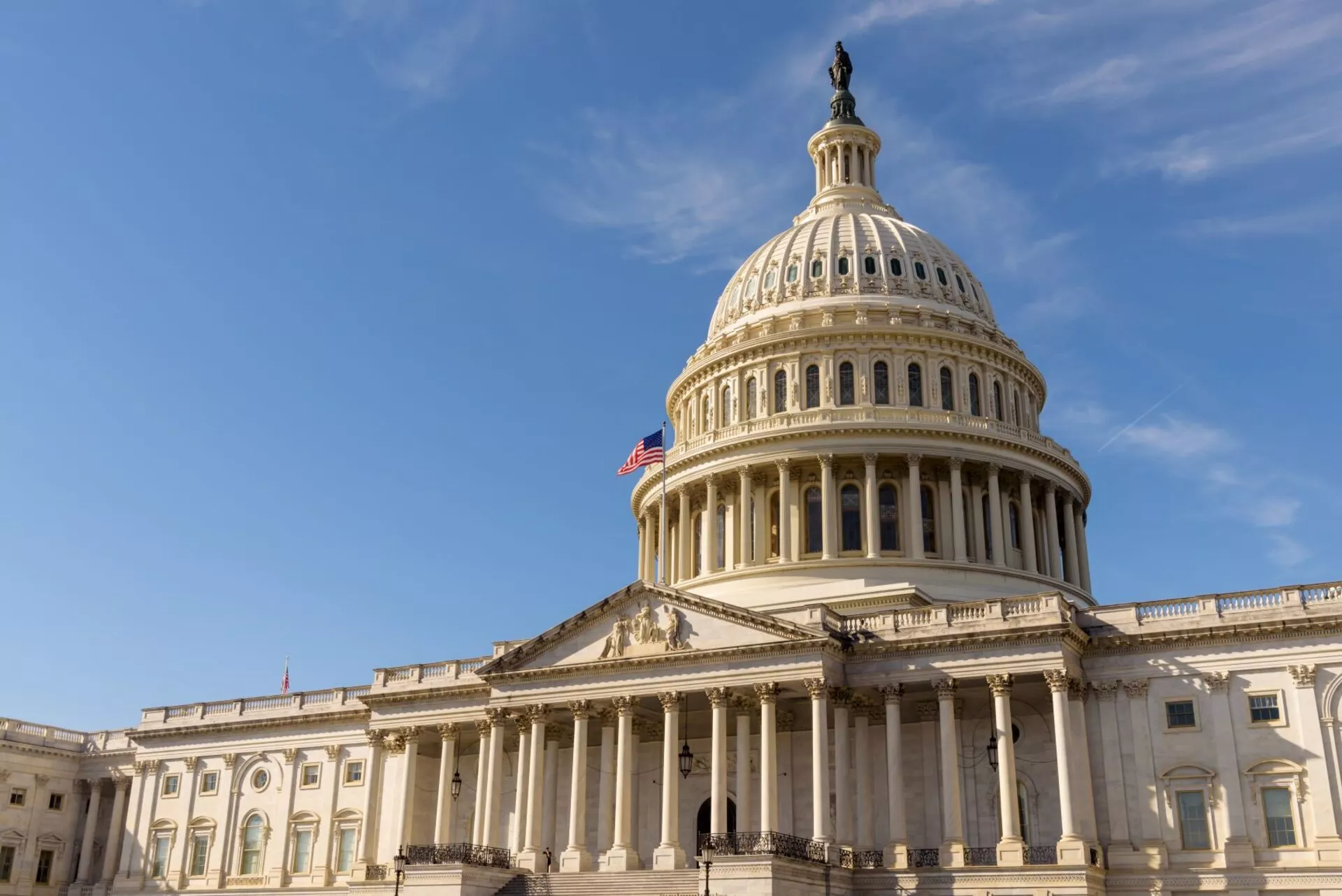
Monthly House Views - United-States : towards a major change in economic policy - November 2024
The outright victory of the Republican party has changed the economic outlook for the United States.
The elections led to a faster and more marked result than anticipated by the polls. The Republican camp wins both the White House and the Senate and could also win a majority in the House of Representatives. This combination would give the new President Donald Trump leeway to implement the economic policies announced during his election campaign. His stated desire for an accommodative fiscal policy – via tax cuts and a favourable industrial policy – would offer rapid support to the country's economic activity. At the same time, his desire for a more aggressive trade policy and a more restrictive migration policy could once again generate pressure on inflation. If this happens, the Federal Reserve would have an incentive to adopt a tougher tone for its monetary policy, which would imply higher interest rates and could weigh on the outlook for economic growth in the longer term.
We are changing our strategic allocation, favouring the US equity market in particular.
The more favourable short-term outlook for economic activity in the United States encourages us to increase our equity exposure. We favour sectors and styles that would particularly benefit from the favourable industrial policy and that would withstand the higher interest rate environment, including value, small or mid-caps or sectors such as industrials, financials or healthcare. At the same time, we are reducing our exposure to the country's bond markets, which would continue to be penalised by expectations of a more restrictive monetary policy over the medium term. Higher interest rates in the U.S. also encourage us to adopt a higher exposure to the dollar relative to major currencies.
The policy stance of the United States will not be without consequences for other markets.
The European market could benefit in the short term from a stronger US economy. As a result, we maintain our overexposure to the region's equity markets, favouring companies and sectors that are both exposed to US activity but with limited risks in terms of trade restrictions, such as the media sector, industrials and materials, favouring companies that produce locally. However, we remain rather defensive and diversified in our allocation, with a particular focus on large caps. On the other hand, we are reducing our exposure to emerging equity markets, with China emerging as the first country to be targeted by trade-restrictive measures.
Despite our strong strategic stance, we are maintaining a highly diversified allocation.
Uncertainties remain high. First of all, the result of the elections is not yet final, and secondly, the economic policies of the new majority have yet to be implemented. Finally, the geopolitical context may become more complex overall due to this new political balance in the United States. In this context, we are maintaining our very diversified global positioning, which allows us to benefit from the favourable momentum in equity markets since the beginning of the year, while offering some protection in the event of volatility. We have increased our exposure to the European bond market, particularly in the least risky companies, as well as our exposure to gold, benefiting from the recent moderation in its price.




